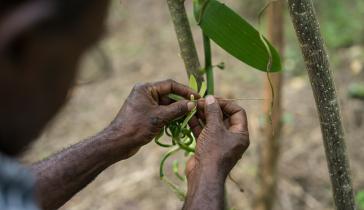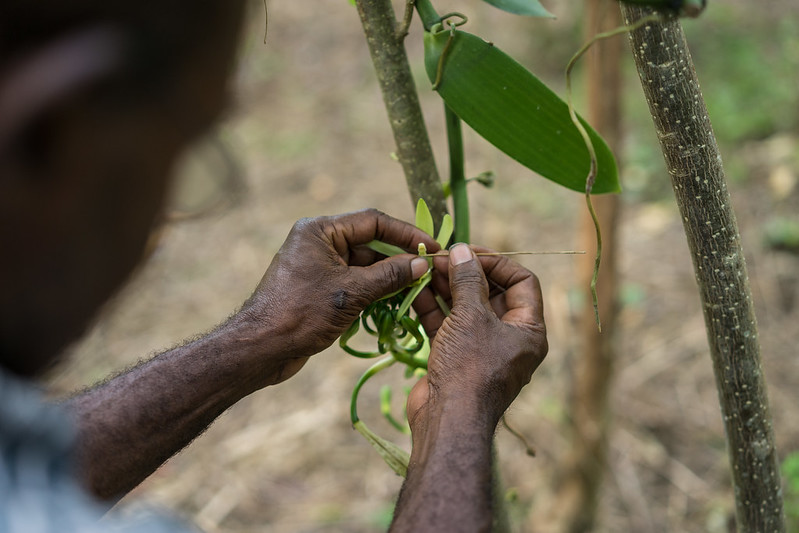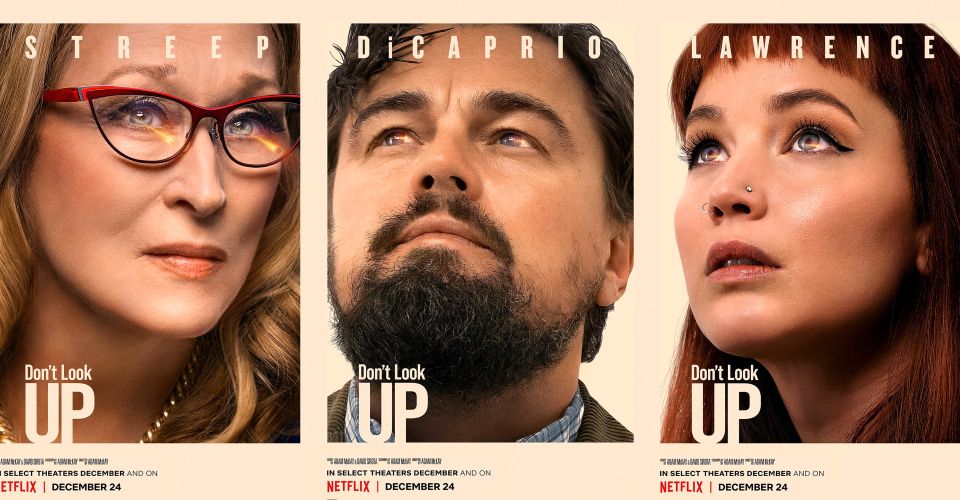In a National Academies webinar, former Secretary of Agriculture Tom Vilsack said, we as a nation have to consider that resiliency is just as important as efficiency. He was talking about the ways in which the coronavirus pandemic nearly broke the links in our food supply chain that were already under constant strain.
Other experts have made similar observations and analysis—about all the ways in which our society’s focus on speed and efficiency left us vulnerable in crisis. And it’s all true, we have to reprioritize resilience so that we can move faster and further.
We can’t get there without biotechnology.
Biotech is a major factor in developing a resilient post-COVID world. From food that has a longer shelf life to crops that can tolerate extreme weather, and providing a new league of jobs, biotech has such a critical role to play.
One of the earliest groups of people to feel the weight of the coronavirus were those in the food supply value chain – farmers, restauranteurs, and especially grocers and consumers. There was suddenly not enough food in parts of the country and too much in other parts at the same time. A lot of food went to waste as farmers had fewer places to sell to and restaurants had months of food inventory with nowhere to go for the foreseeable future.
One of biotech’s promises is helping to develop food that lasts longer. Take the example of slow-ripening tomatoes that stay firm for longer. It’s just one example of the many foods that could be widely available in the next several years. Gene editing researchers hope to tweak the genetic makeup of our food so that it gets to the grocer and food banks in more aesthetic conditions (fewer bruises and spots) and it lasts even longer at home contributing to significantly less food waste.
But biotechnology isn’t just improving our food supply. Innovation is also protecting human and environmental health.
As the pandemic raged on, climate and environment professionals were able to research and draw conclusions on two simultaneous phenomena: first, that the sudden slow of global economic activity led to improved air quality and secondly, that the health of people who were previously exposed to damaging fumes actually improved.
We know that this kind of success cannot be maintained if the world were to just go back to normal. In a post-COVID world, we must develop structures that encourage and incentivize greener alternatives for everyday use.
As the House Committee on the Climate Crisis laid out in a recent report, recommendations such as establishing a national low carbon fuel standard to advance the use of clean energy, promoting sustainable chemistry to encourage green manufacturing, and giving farmers access to new tools that improve soil health are all biotech tools that can help us maintain the respite of fresh air we had during the pandemic shutdown.
In addition to clearer and bluer skies, we need clearer and bluer oceans.
Talib Visram wrote for Fast Company that, “…as the COVID-19 crisis slowly generates a new kind of waste, made up of disposable masks and other PPE [personal protective equipment] items, it’s posing new problems for the Earth’s oceans.”
Plastic pile-up is not new but has been exacerbated since the pandemic began. It’s unfortunate because materials for alternatives exist, but haven’t been widely implemented. To have an environmental come-back when this pandemic is said and done, there has to be swift action taken to replace petroleum-based plastics across our supply chains with biodegradable and compostable alternatives.
And all these new alternatives – made possible through biomanufacturing –creates jobs and opportunities across rural America.
Resilience is not a destination, but a journey that begins with biotech.
Join us in September for BIO IMPACT Digital, where we will convene brilliant agriculture and environment biotech leaders, researchers, and academics for discussions about what resilience looks like in a post-COVID world.




.jpg?itok=5epg0qxZ)


.jpg)











.png)


